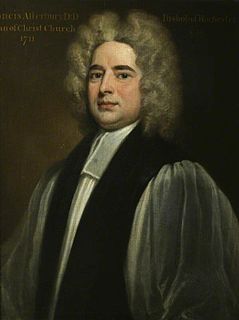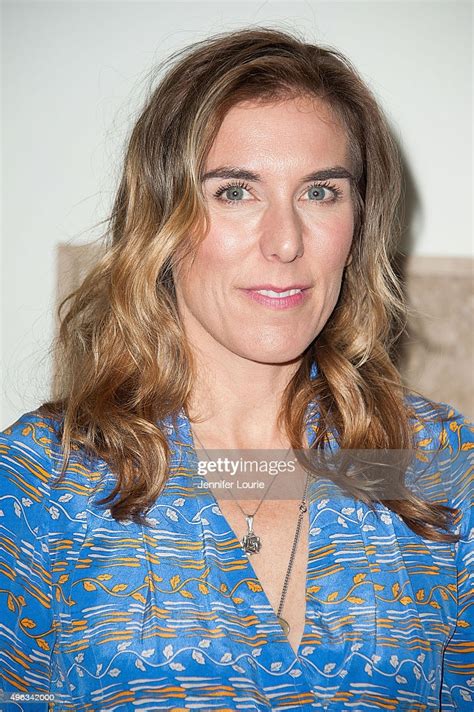A Quote by Bernard Baruch
None of us can be free of conflict and woe. Even the greatest men have had to accept disappointments as their daily bread. ... The art of living lies less in eliminating our troubles than in growing with them.
Related Quotes
Like so many pilgrims before us, we kneel in wonder and adoration before the ineffable mystery which. was accomplished here... In This Child - the Son who is given to us - we find rest for our souls and the true bread that never fails - the Eucharistic Bread foreshadowed even in the name of this town: Bethlehem, the house of bread. God lies hidden in the Child; divinity lies hidden in the Bread of Life
Lao Tzu says: "Accept yourself. Non-acceptance is the root of all the trouble." None of us accept ourselves. The more a person doesn't accept himself, the greater a mahatma he looks to others to be. We are our greatest enemy. If we had our way, we would cut ourselves to pieces in order to remove what was unacceptable.
How we shall earn our bread is a grave question; yet it is a sweet and inviting question. Let us not shirk it, as is usually done.It is the most important and practical question which is put to man. Let us not answer it hastily. Let us not be content to get our bread in some gross, careless, and hasty manner. Some men go a-hunting, some a-fishing, some a-gaming, some to war; but none have so pleasant a time as they who in earnest seek to earn their bread.
Modesty teaches us to speak of the ancients with respect, especially when we are not very familiar with their works. Newton, who knew them practically by heart, had the greatest respect for them, and considered them to be men of genius and superior intelligence who had carried their discoveries in every field much further than we today suspect, judging from what remains of their writings. More ancient writings have been lost than have been preserved, and perhaps our new discoveries are of less value than those that we have lost.
Woe to him whom this world charms from Gospel duty. Woe to him who seeks to pour oil upon the waters when God has brewed them into a gale. Woe to him who seeks to please rather than to appal. Woe to him whose good name is more to him than goodness. Woe to him who, in this world, courts not dishonor! Woe to him who would not be true, even though to be false were salvation. Yea, woe to him who, as the great Pilot Paul has it, while preaching to others is himself a castaway.
None of us older writers had gone through such a school. We are all self-taught. And, of course, there is always, in such a school, the danger of goose-stepping, uniformed ranks. But the Serapion Brethren have already, it seems to me, outgrown this danger. Each of them has his own individuality and his own handwriting. The common thing they have derived from the studio is the art of writing with ninety-proof ink, the art of eliminating everything that is superfluous, which is, perhaps, more difficult than writing.
And according as we say, "Our Father," because He is The Father of those who understand and believe; so also we call it "our Bread," because Christ is The Bread of those who are in union with His Body. And we ask that this Bread should be given to us daily, that we who are in Christ, and daily receive The Eucharist for the Food of Salvation, may not by the interposition of some heinous sin...be separated from Christ's Body.
































